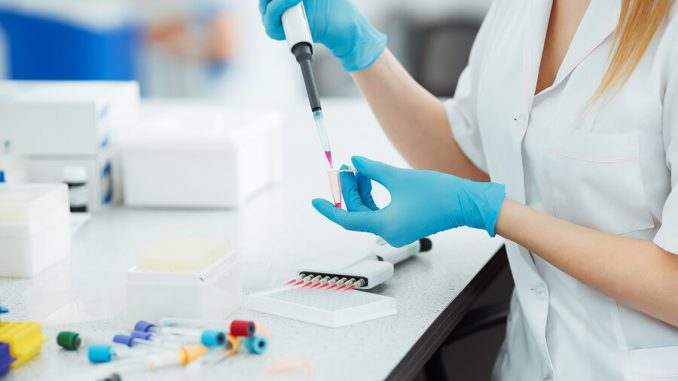
ASD is believed to be caused partially by damaged proteins in blood plasma. By testing for these damaged proteins with blood and urine tests it may be possible to diagnose ASD sooner and more easily. The test is believed to be the first of its kind.
Published in Molecular Autism, the research found a link between ASD and damage to proteins in blood plasma caused by oxidation and glycation─processes where reactive oxygen species and sugar molecules spontaneously modify proteins. Children with ASD were found to have higher levels of the oxidation marker dityrosine and certain sugar-modified compounds.
The study involved 38 children with ASD (29 boys and nine girls) and a control group of 31 children (23 boys and eight girls.) Blood and urine samples showed chemical differences between the two groups. Researchers then developed an algorithm that could determine whether a participant had ASD based on the samples with 90% accuracy.
Lead researcher and reader of experimental systems biology at the University of Warwick Dr Naila Rabbani said: “We hope the tests will also reveal new causative factors. With further testing we may reveal specific plasma and urinary profiles or “fingerprints” of compounds with damaging modifications. This may help us improve the diagnosis of ASD and point the way to new causes of ASD.”
The next step is to repeat the study with a larger number of participants and assess if the test can identify ASD at very early stages.
Currently ASD is diagnosed through behavioural assessments, which due to its wide range of symptoms can make diagnosis difficult especially in young children. A biological test for the condition could therefore lead to faster diagnosis.
NHS England has released a statement on the research, which says that although the research gives an insight into whether there are detectable differences in blood and urine samples of people with and without ASD, it is far too soon to say whether such tests could ever have a role in clinical practice.
Genetic causes have been found in 30–35% of cases of ASD and the remaining 65–70% of cases are thought to be caused by a combination of environmental factors, multiple mutations, and rare genetic variants.
Around 700,000, or one in 100, people in the UK have ASD which includes a range of conditions such as Asperger’s syndrome and autism.

Leave a Reply